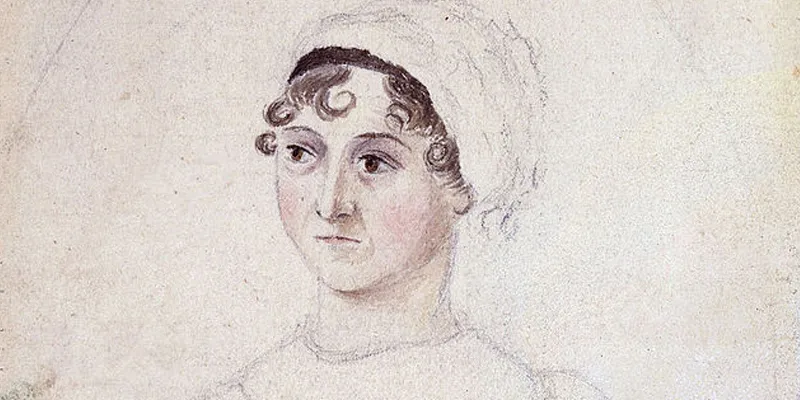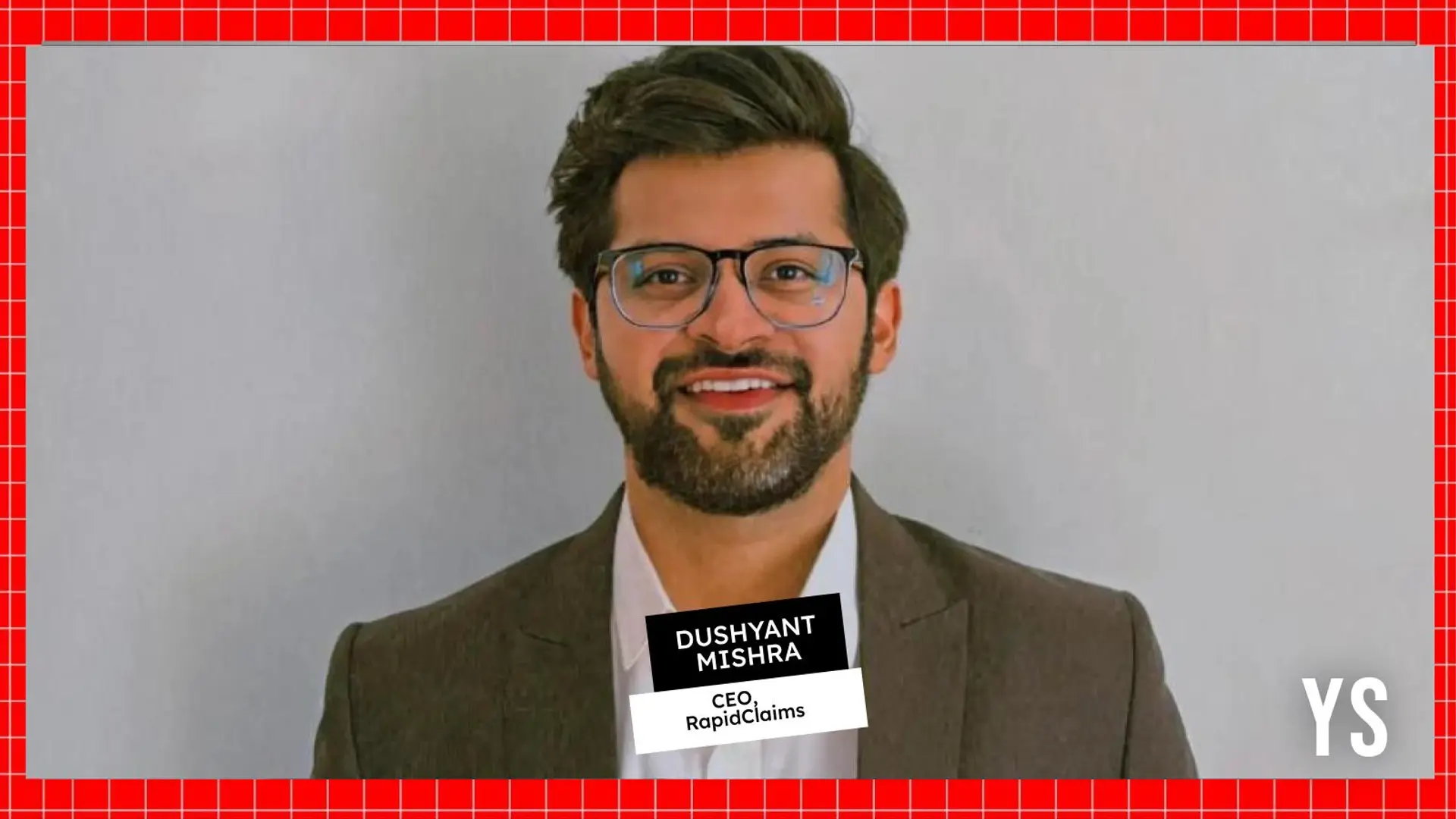Jane Austen — destroying prejudice one character at a time?
Jane Austen’s greatest gift to women was not her books but the characters she created. I don’t know of any women who are immune to Mr Darcy’s charm (especially if he is played by Colin Firth) and his chemistry with Elizabeth Bennet from her much loved and cherished novel, Pride and Prejudice.
But what about the woman behind the story — was she a feminist?

Born in a clerical family in Steventon, Hampshire, England in 1775, Austen penned six novels during the 42 years she lived. A prolific writer, her most popular work is Pride and Prejudice, written in 1813. She died in 1817.
Modern feminists who give her novels not much more than a cursory read are dismayed at the apparent depiction of marriage as the perfect, “happily ever after” ending and the source of the classic female fantasy of the poor woman bagging the rich noble man.
However, “In linking Jane Austen with the feminist tradition of revolt in the eighteenth century, we need not begin with the assumption that we must establish complete parallels with all facets of the twentieth-century feminists' revolt,” writes Lloyd W Brown.
Austen chose to portray female leads like Elizabeth Bennet, who denies Mr Darcy’s proposal because of her self-respecting and rational nature; a strong and realistic lead who thrives on her independence from men and refuses to marry owing to her financial security and high social standing in the eponymous novel Emma; and finally Anne Elliot from Persuasion and Fanny from Mansfield Park respectively, who draw upon their courage and conviction to decide who and what their “happily ever after,” irrespective of social expectations, is.
Austen juxtaposed her characters against a very patriarchal society. It was a time when it was considered extremely irrational for a woman to be rational or opinionated. Instead, she was expected to swoon at the hint of a crisis.
The author, who once commented “Men have had every advantage of us in telling their own story,” Austen fittingly helped to plant the seeds of feministic inclination in the female reader’s psyche.
This impressive raconteur called for reforms in women’s education and professed the importance of cultivated intelligence over thoughtless abidance by the norms of the day.
Well-read and educated, the author herself never married and stood apart from the women of her days in her pursuit of happiness.
“In the absence of any enthusiastic endorsement of marriage as the woman's sacrosanct destiny, it appears that marriage in Austen's fiction is primarily a literary convention which symbolises the successful maturation of human relationships within each novel,” writes Brown.
Austen, through her characters and her books, captured the true essence of feminism, which is the courage and liberty to stand for one’s own right to happiness and dignity. To think for one self, to learn, be educated, and open one’s mind to new things.
One of the key takeaways from her work and characters is the ability to execute ones freedom of choice, even though it operated within the broader framework of 18th-century societal norms and protocols.
And so I leave you with Elizabeth’s reaction to Mr Darcy’s proposal of marriage and her very unladylike response by 18th century standards to a marriage proposal. Elizabeth, making her choice and speaking her mind:
“From the very beginning — from the first moment, I may almost say —of my acquaintance with you, your manners, impressing me with the fullest belief of your arrogance, your conceit, and your selfish disdain of the feelings of others, were such as to form that groundwork of disapprobation on which succeeding events have built so immoveable a dislike; and I had not known you a month before I felt that you were the last man in the world whom I could ever be prevailed on to marry.”
(With inputs from Indhu Rebecca Varghese)
Reference: Jane Austen and the Feminist Tradition — Lloyd W Brown (Nineteenth-Century Fiction, Vol. 28, No. 3 (Dec., 1973), pp. 321-338, University of California Press)







